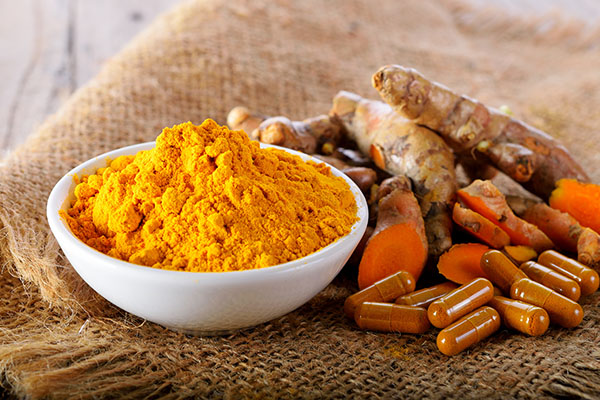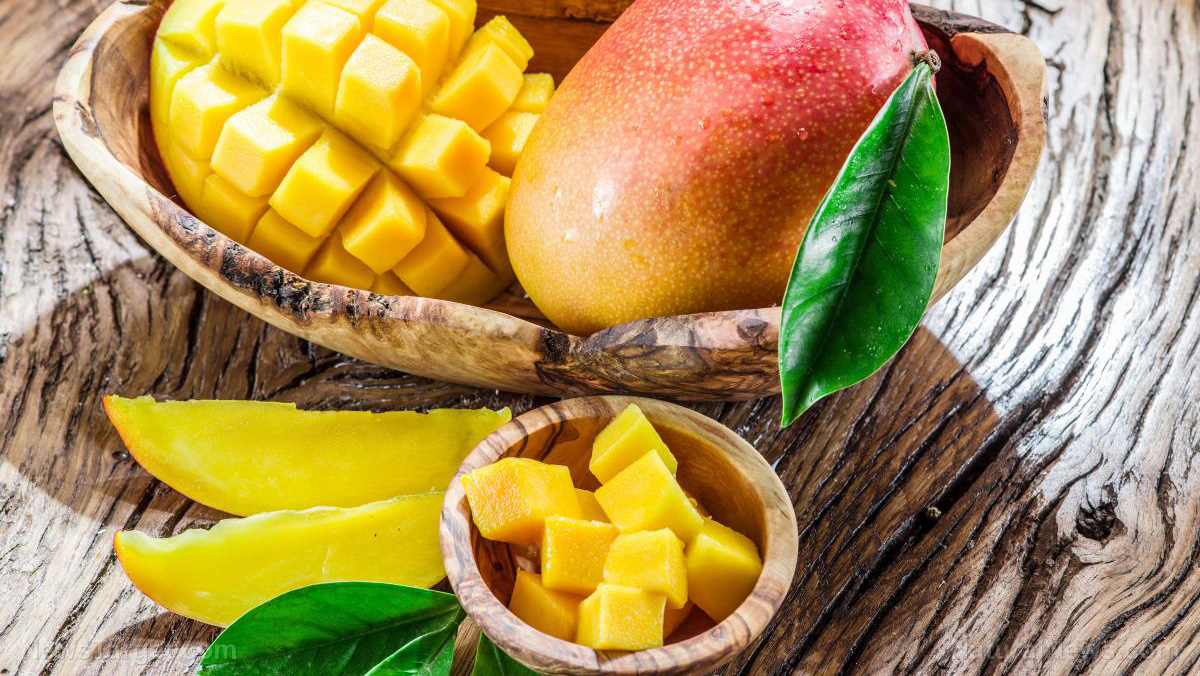 Parler
Parler Gab
Gab
- Emerging research suggests turmeric, particularly its active compound curcumin, may help combat hypertension by reducing arterial stiffness, improving circulation and protecting heart and kidney health.
- Curcumin's antioxidant and anti-inflammatory properties boost nitric oxide production, relaxing blood vessels and easing pressure — though most studies are still in early (animal) stages.
- Curcumin has poor bioavailability, but pairing turmeric with black pepper (piperine) can enhance absorption by up to 2,000 percent, maximizing its benefits.
- Beyond blood pressure, turmeric may reduce inflammation, support brain health, lower oxidative stress, improve heart outcomes and ease depression symptoms.
- Experts recommend 500-1,000 mg daily, ideally with healthy fats for absorption. High-dose supplements may interact with medications, so medical advice is advised. Turmeric offers a natural, affordable alternative to synthetic drugs.
Beyond blood pressure: Turmeric's wider health benefits
Turmeric isn't just a one-trick remedy. Research suggests it may:- Reduce inflammation, helping conditions like arthritis and ulcerative colitis.
- Boost brain health, potentially delaying cognitive decline and Alzheimer's.
- Fight free radicals, lowering oxidative stress linked to cancer and aging.
- Support heart health, reducing post-surgery heart attack risk by 65 percent in one study.
- Ease depression symptoms by increasing serotonin and dopamine levels.
More related stories:
Why curcumin is cancer's worst enemy. Curcumin found to stop cancer cell growth. Five health problems turmeric relieves. Sources include: ZeroHedge.com Health.ClevelandClinic.org HopkinsMedicine.org Brighteon.comCombining hope and science: The integrated approach to cancer care
By Belle Carter // Share
IP6: A naturally occurring compound hailed as a potential game-changer in cancer treatment
By Belle Carter // Share
Agrimony: An ancient healing herb with modern uses
By Ava Grace // Share
The artery unclogging duo: How pomegranate and garlic could save millions of lives
By News Editors // Share
Soup as sauce: Creative ways to use tomato soup in pasta, pizza and casseroles
By HRS Editors // Share
Mango: A versatile superfood and culinary ingredient
By Laura Harris // Share
Governments continue to obscure COVID-19 vaccine data amid rising concerns over excess deaths
By patricklewis // Share
Tech giant Microsoft backs EXTINCTION with its support of carbon capture programs
By ramontomeydw // Share
Germany to resume arms exports to Israel despite repeated ceasefire violations
By isabelle // Share










